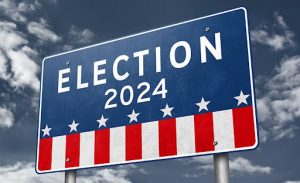United States President Joe Biden, hours before leaving for a diplomatic meet oversees, announced his domestic policy package, which has now been significantly trimmed when compared to its original version.
The scaled-back package, which is now valued at $1.75 trillion, was presented to United States lawmakers on Thursday with an aim to polish it before it goes up for a vote in the thinly divided legislative chambers, according to US media reports.
What remains in the new package?
The new package has managed to retain some crucial elements from its original text, however, there seems to be a deep dent left on the ambitions of Democratic lawmakers in the House of Representatives and Senate.
Items like expanded and boosted health care programmes, plans to tackle climate change and a free prekindergarten policy remains in the mix, according to reports from Associated Press.
The climate action plan in the new framework introduced on Thursday will aim to put the United States on a track to cut emissions by at least 50% by 2030. Moreover, it will also aim to provide clean energy tax credits and electric vehicle tax credits and, as a result, lower the cost of the vehicle by $12,500 per middle-class family, according to reports from NBC citing officials.
The revised deal, if given a legislative approval, will provide financial assistance to parents of preschool-going children. The child tax credit, a measure put in place before the COVID-19 pandemic struck in early 2020, would be extended. More than 9 million Americans who purchase their insurance through the Obamacare marketplace will get reduced premiums by an average of $600 per year, NBC reported.
Paid family leave and efforts to lower prescription drug pricing are now gone entirely from the package, drawing outrage from some lawmakers and advocacy groups.
Taking form after months of negotiations, Biden’s emerging bill would still be among the most sweeping of its kind in a generation, modeled on New Deal and Great Society programs.
According to reports from Associated Press, the White House calls it the largest-ever investment in climate change and the biggest improvement to the nation’s healthcare system in more than a decade.
(With AP inputs)





